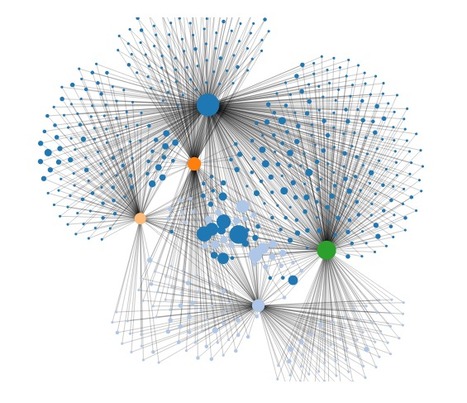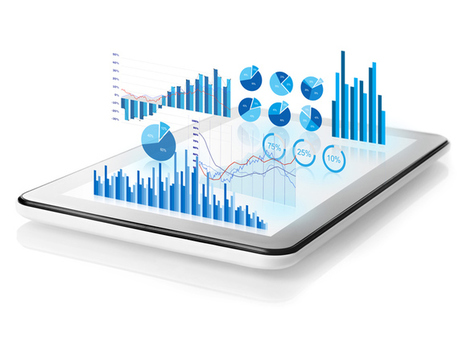Using electronic health records (EHRs) to create a learning healthcare system, say the authors, can enable researchers to generate new knowledge that will accrue benefits to future generations of patients.
Real-world data are increasingly viewed as a crucial factor in the eventual acceptance of biosimilar drugs, and indeed, current real-world evidence points to the safety and efficacy of these products in the marketplace.
In a recent paper, officials from the European Medicines Agency, the Organisation for Economic Cooperation, and other European government entities explained that such data can help make decisions about pharmaceuticals—from development to reimbursement—more efficient.
The authors called for international cooperation on a learning healthcare system that will better harness these data.
The authors note that the expense of prospective data generation in a research setting is high, limiting the number of research questions that can be answered in a randomized controlled trial (RCT).
RCTs are rarely large enough to detect infrequent outcomes, nor are they long enough to determine long-term outcomes.
Using electronic health records (EHRs) to create a learning healthcare system, say the authors, can enable researchers to generate new knowledge that will accrue benefits to future generations of patients.
However, current inadequacies of EHRs present a “technical bottleneck” to the objective of gathering real-world data.
The paper’s authors propose that governments establish and implement national health data governance frameworks to encourage the use of personal health data to serve the public interest.
The collection of data must translate into the production of useful evidence.
A coordinated and international effort will be key to speed the implementation of a true learning healthcare system for global benefit.
read the news article at https://www.centerforbiosimilars.com/news/european-officials-promote-use-of-ehrs-to-gather-real-world-data-on-pharmaceuticals--



 Your new post is loading...
Your new post is loading...










I am currently writing an Ebook on "Use of EHRs for Public Health" which covers this very concept. Please comment in the section below or tweet us at @plus91 (you can tweet to @nrip to reach me directly) your thoughts on EHR usage, and possible uses of EHR data for the benefit of the public healthcare system